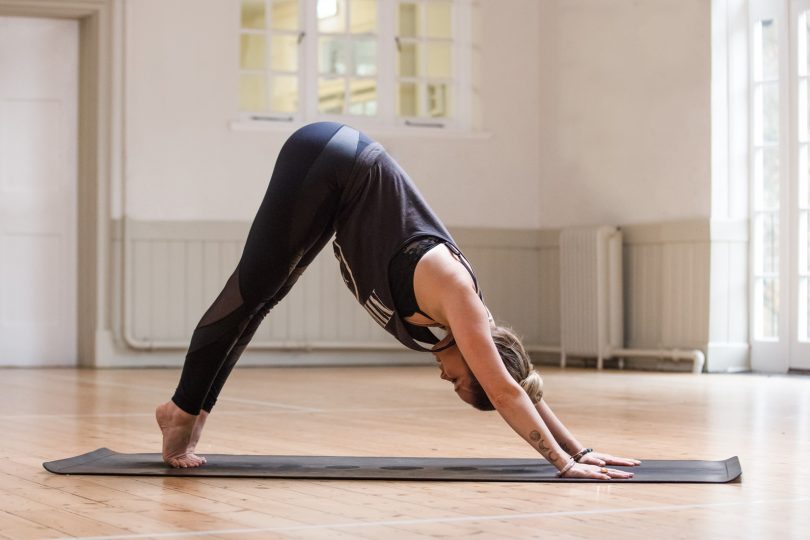In our modern times we tend to live in a chronic state of stress. To be fair, stress has been given a bad name. Especially in the wellness industry, stress has been painted as the big green monster that we must try to avoid at all costs. But stress is necessary. Stress is what gets us out of bed in the morning. It’s what stops us in our tracks when we’re about to walk out into traffic. If we didn’t have stress, our ancestors would never have escaped from that sabre toothed tiger that was always out to get them.
But there’s a difference. Once upon a time, we would find ourselves in a stressful situation – let’s stick with that tiger – and we would have reacted. We would have been shot through with adrenaline which would have made us run away somewhere safe. The act of running would have worn off the adrenaline and the body would have returned back to a balanced state. There would have been a process to end the cycle. But in the 21st Century, there are no sabre-toothed tigers to run away from. We are attacked by different kinds of stressors. The problem is the types of stressors we are facing have changed beyond recognition from those tigers we were running from, but our brains have remained largely the same. We don’t know the difference between a tiger and a rude email or traffic jam. There is no way to release the stress from your body if there is nothing to run from. So, it stays and leads to chronic disease.
This is why it is more and more important to have practices in your life that will help release stress. Sure, you can go and run it off – or anything that will get your heart rate up – but that’s not always practical! Learning how to shift your nervous system away from that flight or fight mode is key. And that’s where yoga, meditation and ritual practices come in. Utilising these kinds of practices can help us build better resilience to face life stressors in a healthier way.
So, what is resilience?
Resilience is the capacity to recover quickly from difficulties, to bounce back, to spring back into shape.
Resilience is something we need physically – strength and stamina, mobility and stability, balance and coordination; mentally – we are able to bounce back from life’s adversities, to have the psychological strength to adapt and grow as our environment changes; and spiritually – to connect in our own way to something bigger than ourselves, to offer ourselves to service for the greater good, and to honour our connection to all things.
Fundamentally it’s about training the body, mind and spirit in specific ways using yoga, meditation, exercise, breath work and ritual practices. Yoga and meditation can help build resilience by improving your physical and emotional health, enhancing your self-awareness, and cultivating positive qualities like compassion and empathy.
Here are some more specific ways:
- Reducing stress: both yoga and meditation have been shown to reduce levels of the stress hormone cortisol in the body. By reducing stress, these practices can help you better manage challenging situations and maintain a more positive outlook.
- Improving emotional regulation: yoga and meditation can help you develop greater awareness of your thoughts and emotions, allowing you to respond to them in a more constructive way. This can help you maintain a sense of calm and equanimity, even in the face of adversity.
- Enhancing self-awareness: through regular practice, yoga and meditation can help you develop a deeper understanding of your own mind and body. This self-awareness can help you recognise when you’re starting to feel overwhelmed or stressed and take steps to address these feelings before they become more intense.
- Increasing physical strength and flexibility: practicing yoga can help build physical resilience by improving strength, flexibility, and balance. This can make it easier to cope with physical challenges and injuries and can also help prevent future injuries.
- Cultivating compassion and empathy: both yoga and meditation emphasise the importance of cultivating kindness, compassion, and empathy towards oneself and others. By developing these qualities, you can build stronger relationships and better cope with challenging situations that involve other people.
In my work I focus on cyclical wellbeing to improve peoples’ health and happiness. By using yoga, meditation, and ritual, I connect people to their own personal cycles and the cycles of Mother Nature in order to build compassion for themselves, for others and for the planet. With this compassion comes resilience as we make space between the stimulus and the response – to respond rather than react allowing for a healthy body and a happy mind.



